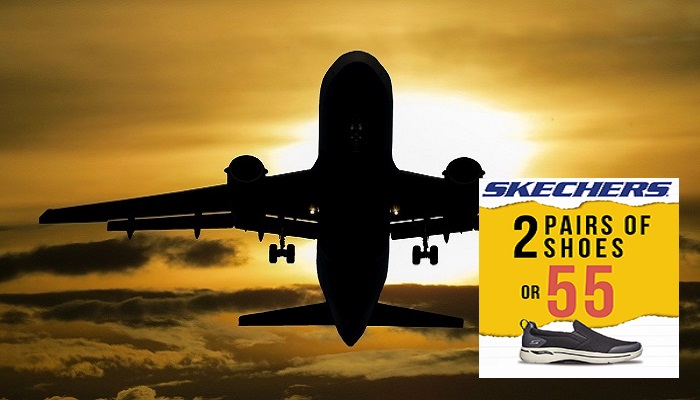
Geneva: The results of International Air Transport Association's (IATA's) latest survey of airline CFOs and heads of cargo show that second quarter brought some relief to airlines' financials as air travel demand started to slowly recover in some markets.
Respondents have also become more optimistic about the future air travel volumes and profitability. About 72 per cent of carriers reported smaller losses as the pandemic got better under control in Q2. Significant cost reductions and moderate gains in passenger demand contributed to the improvement. On the other hand, 28 per cent of the sample reported that COVID continues to have a major impact on their operations.
Nearly 81 per cent of the survey sample reported an increase in passenger volumes in Q2 2021 compared with Q2 last year when passenger traffic was de facto non-existent amid large-scale travel bans and sharp capacity cuts.
As a result, the backward-looking weighted score rose strongly, although it had been even higher in 2007. This is due to the nature of the index rather than passenger traffic volumes.
Looking ahead, expectations about passenger demand are optimistic. Respondents stated that vaccine rollout and easing of travel restrictions should continue boosting air travel volumes. About 89 per cent of the respondents anticipate that demand will recover with the reopening of markets.
The remaining 11 per cent expect no change in the current air traffic volumes due to new COVID waves and uncertainty about vaccine progress.
The slow recovery in air travel has been positively reflected in employment results. Moreover, in some instances, layoffs were limited by government regulations.
About 33 per cent of the respondents reported an increase in their workforce versus a 6.1 per cent share in April survey. Majority of the respondents (55 per cent) continued to report falling employment levels as airlines needed to adjust their operations to a new pandemic normal.
Forward expectations regarding employment also improved modestly as airlines expect that the rise in scheduled services will require hiring more staff.
Nearly 45 per cent of respondents expect to see an increase in the employees numbers, up 6 percentage points versus April survey.
However, nearly 40 per cent of the sample expects to record no change in employment, since the modest rise in traffic might not be enough to justify hiring in their business.
Some also mentioned the need to keep cost base low amid uncertain pandemic developments. About 15 per cent of the respondents expect to see further layoffs since organisational restructuring has not been finished.
Overall, the forward-looking score rose further into expansion territory.